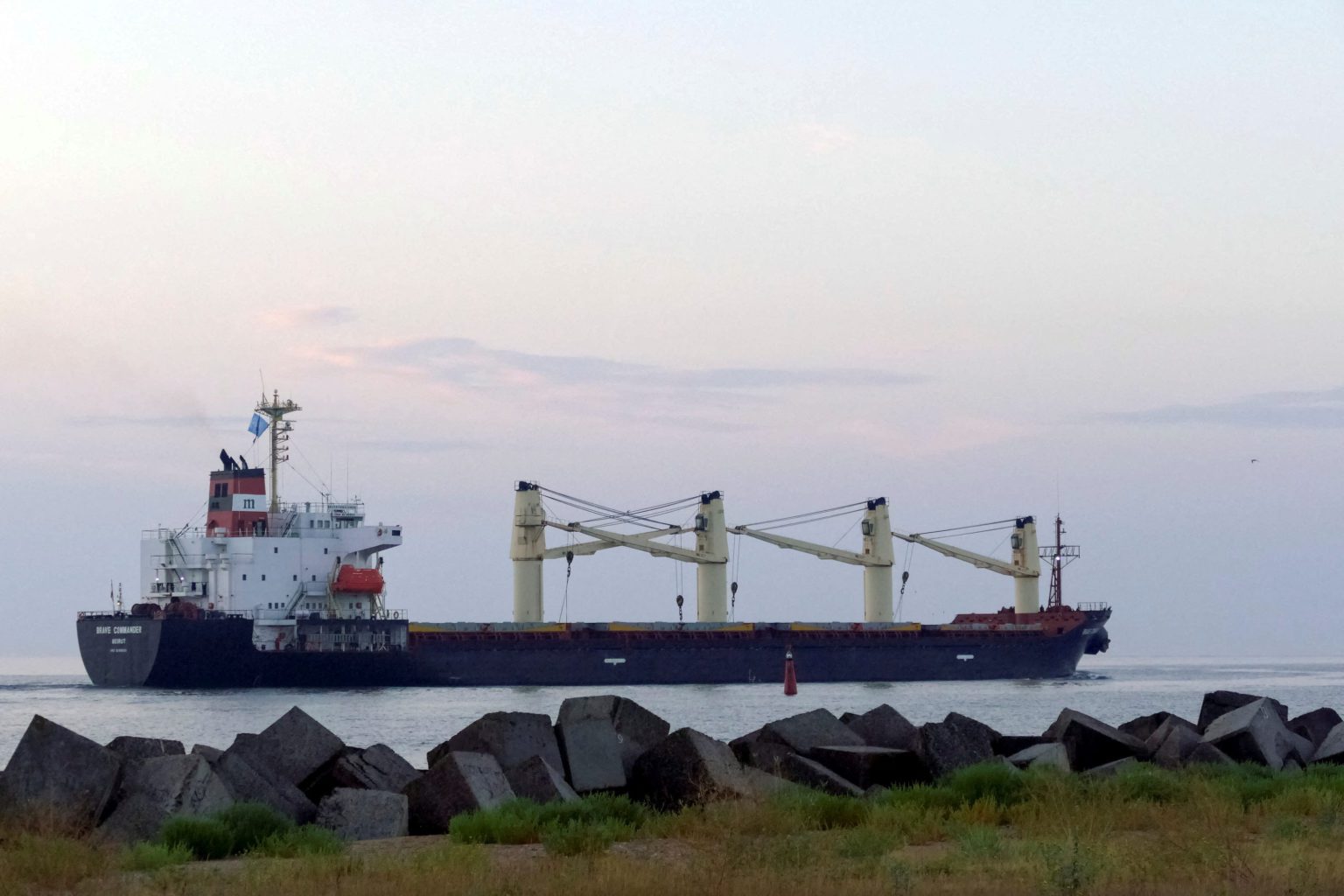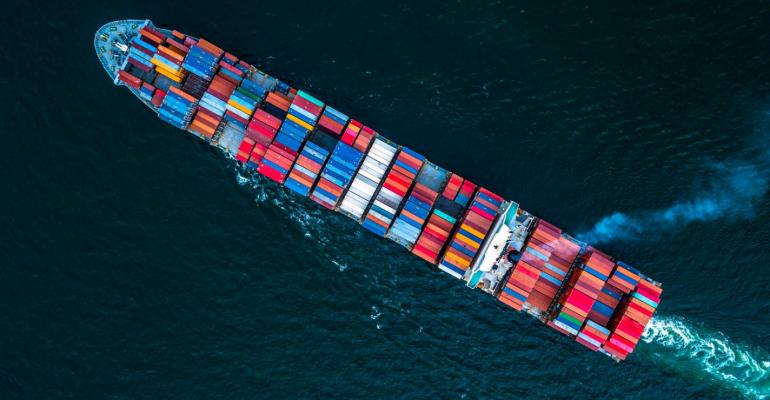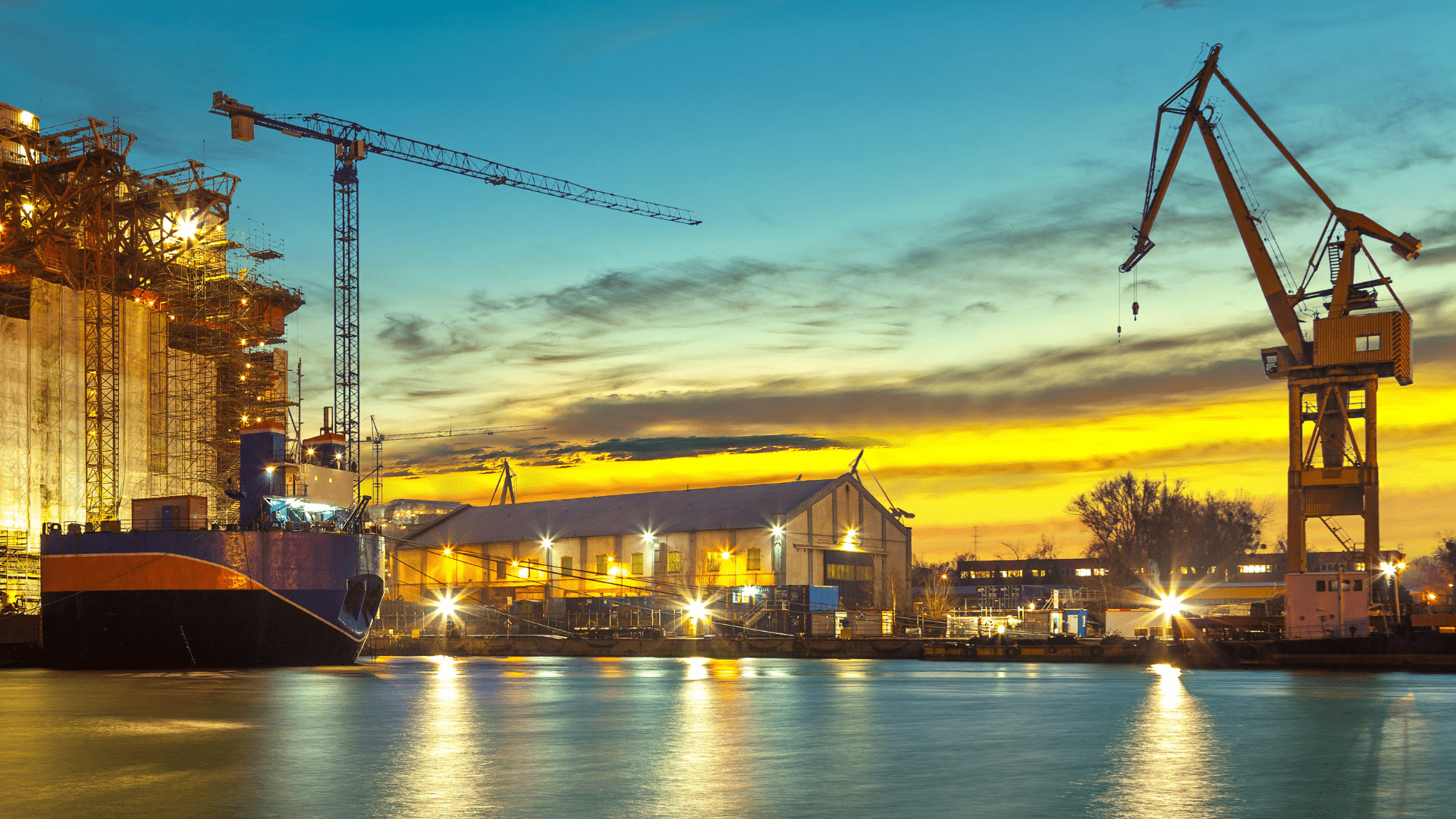Israel has jeopardized maritime safety by attacking Iranian energy structures along the Persian Gulf coastline, a senior government official said June 18, while accusing the Jewish state of violating several UN treaties.
Since June 13, Israel has launched a series of air strikes on Iranian sites, including nuclear sites and key oil and gas facilities, such as the 12 million cu m/d South Pars Gas Field.
“The Israeli regime has extended its unlawful attacks to include Iran’s vital petrochemical and gas infrastructure in Asalouyeh, a strategic zone located on the northern shores of the Persian Gulf,” said Seyed Ali Mousavi, Iran’s permanent representative to the International Maritime Organization.
“These actions directly endanger international maritime security and the global energy supply chain,” Mousavi said during the UN agency’s 110th Maritime Safety Committee meeting.
Headquartered in London, the IMO regulates international maritime transportation, and its member states are required to ensure safe navigation.
Mousavi added that Israel’s action was supported by “a certain state” — but did not directly name the US, Israel’s military ally — and was in violation of the IMO Convention, the International Ship and Port Facility Security Code, the International Convention for the Safety of Life at Sea, among other international maritime laws.
“What has occurred is not a simple challenge … it is a direct challenge to the integrity of international law and the main role of the United Nations,” Mousavi said.
GPS interference
Iran’s accusation came as maritime authorities, including the Joint Maritime Information Center, reported increased electronic interference near Bandar Abbas in the Strait of Hormuz and several other areas in the Persian Gulf.
Windward reported that at least 928 ships, including 97 tankers and 110 cargo ships, had experienced jamming of their Global Position System near Iranian oil terminals since June 12.
Ships can often report jamming of their Global Position System near conflict zones, which affects their navigational capability, generally as part of collateral damage as military forces try to disrupt each other’s operations.
On June 17, Frontline’s VLCC the Front Eagle collided with an alleged shadow fleet tanker, the Suezmax Adalynn, amid GPS jamming in an incident that the shipowner suggested was not directly related to regional conflicts.
During the MSC meeting, IMO Secretary-General Arsenio Dominguez called on member states to improve compliance with IMO standards and strengthen cooperation and information sharing to safeguard seafarers, vessels, and the marine environment.
But Dominguez separately told reporters on the sidelines that “there’s no indication that ships, seafarers are being targeted” in the current Israel-Iran conflicts and suggested further intervention from the secretariat is not necessary at the current stage.
In recent meetings, IMO member states have recognized safety risks associated with electronic interference and are developing regulatory standards for global navigation satellite systems like GPS, including rules for the voluntary introduction of Very High Frequency Data Exchange System.
VDES is a radiocommunication system that can significantly improve the crew’s ability to locate ship positions and identify surrounding marine environments more accurately when GPS is compromised, according to industry participants.
Source: Platts



